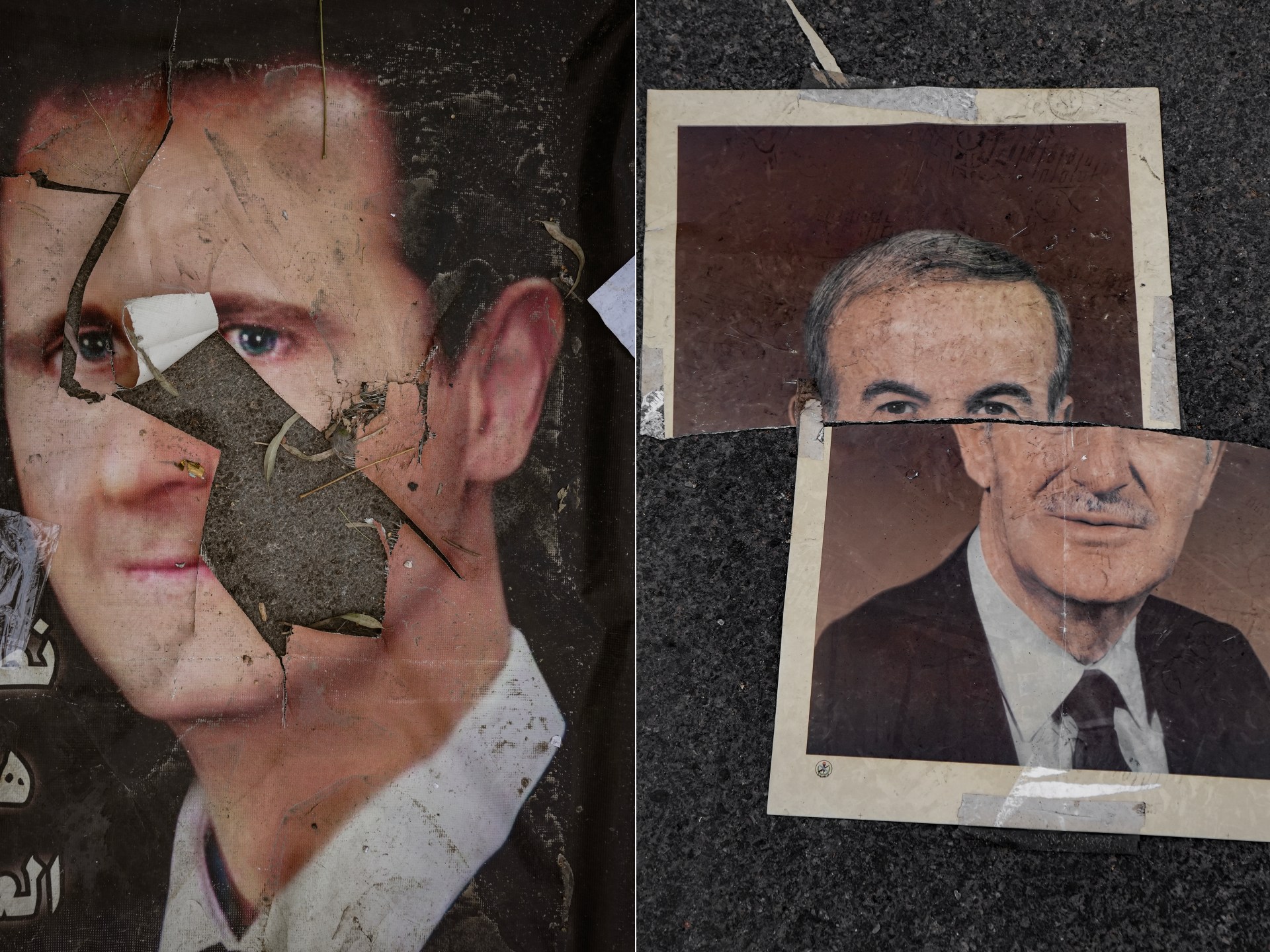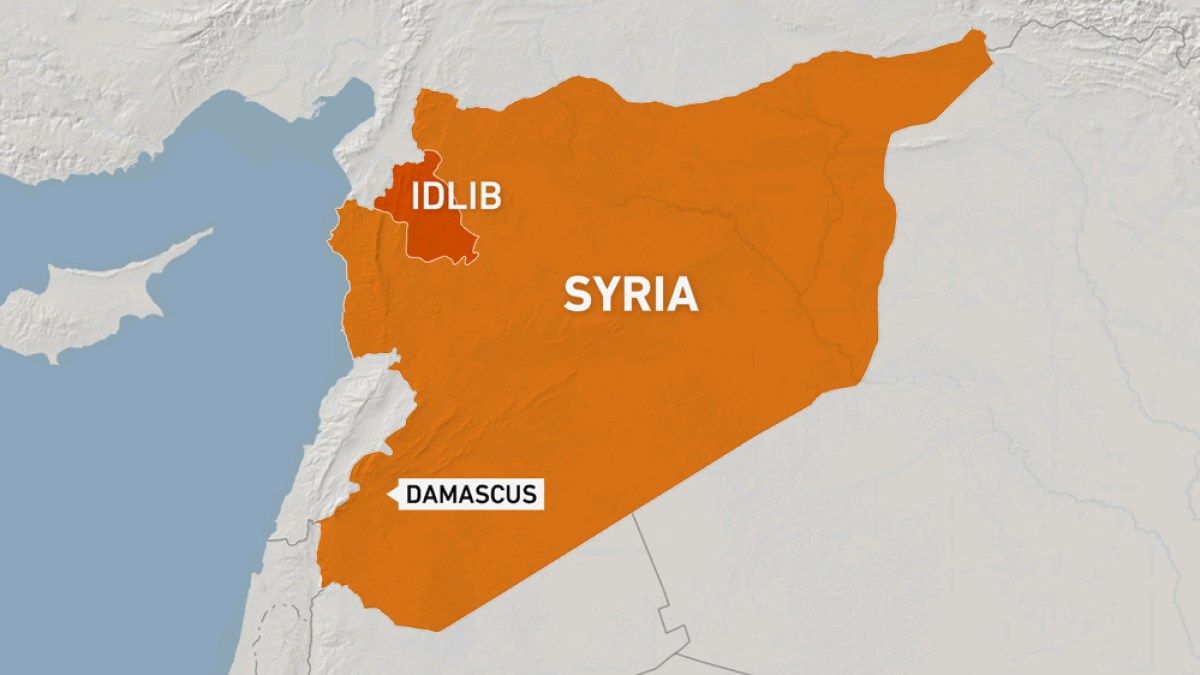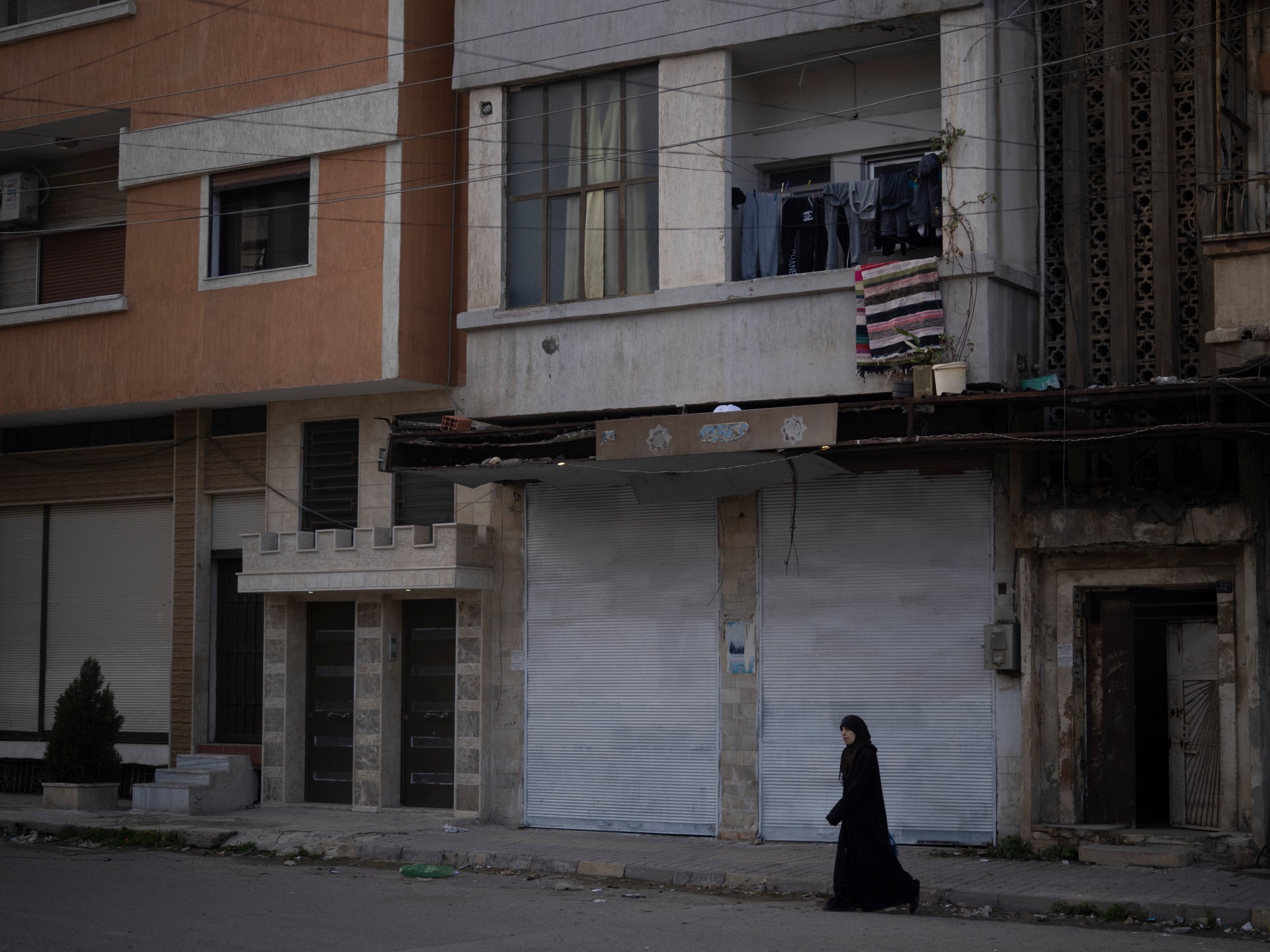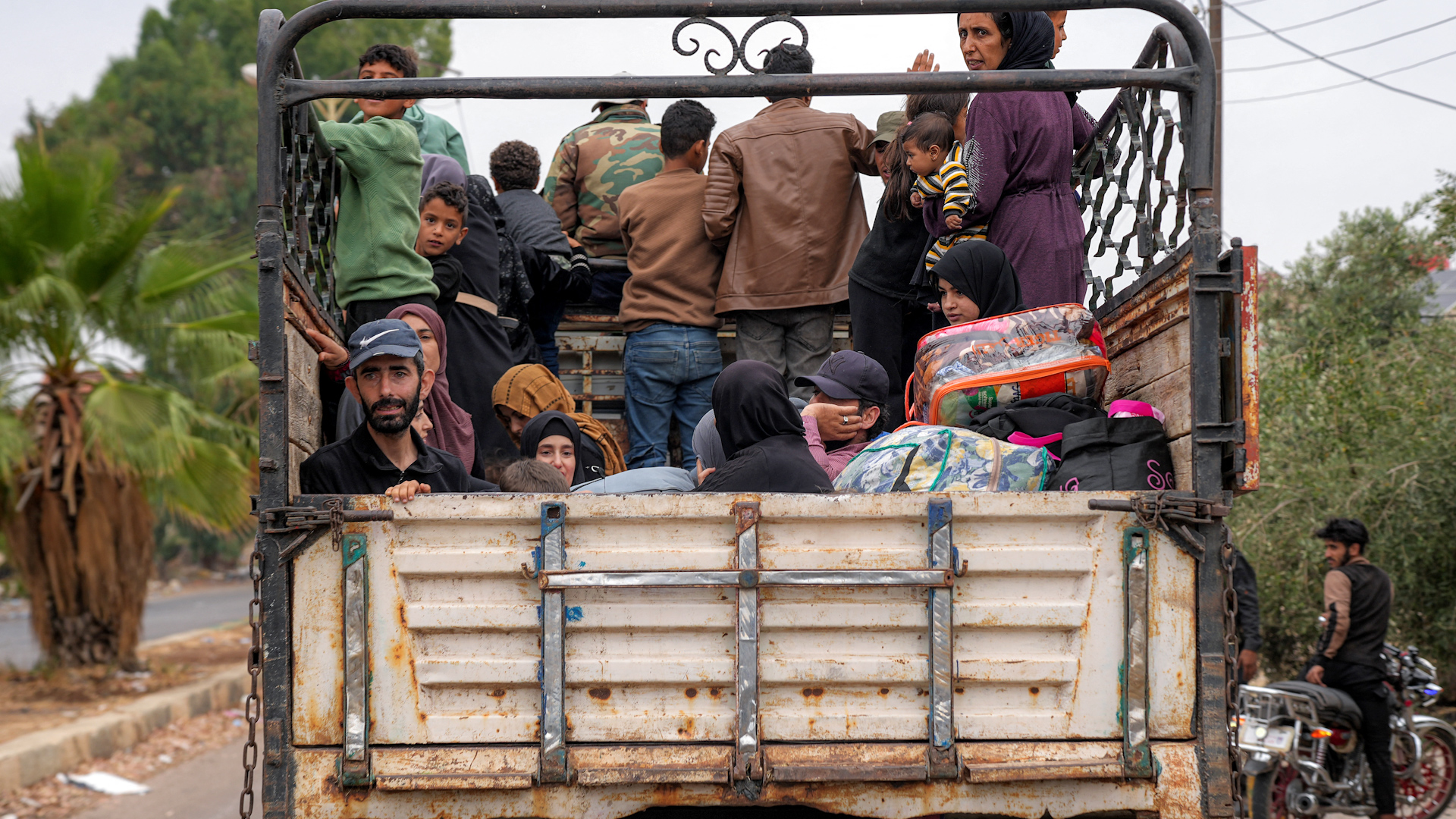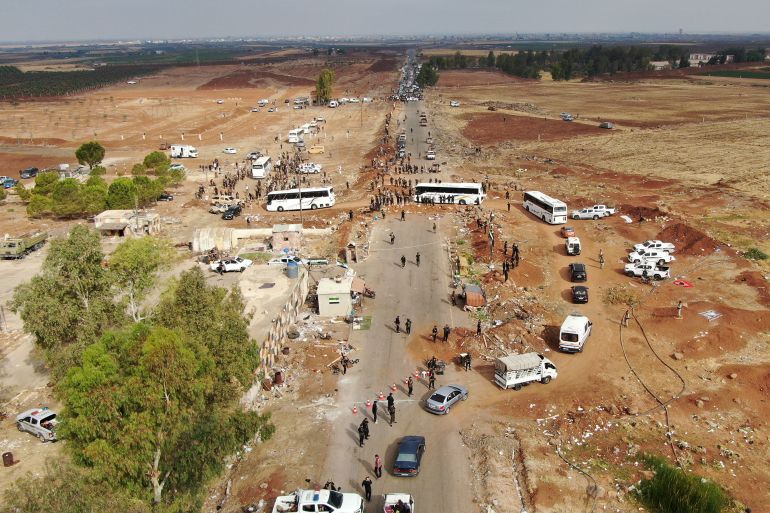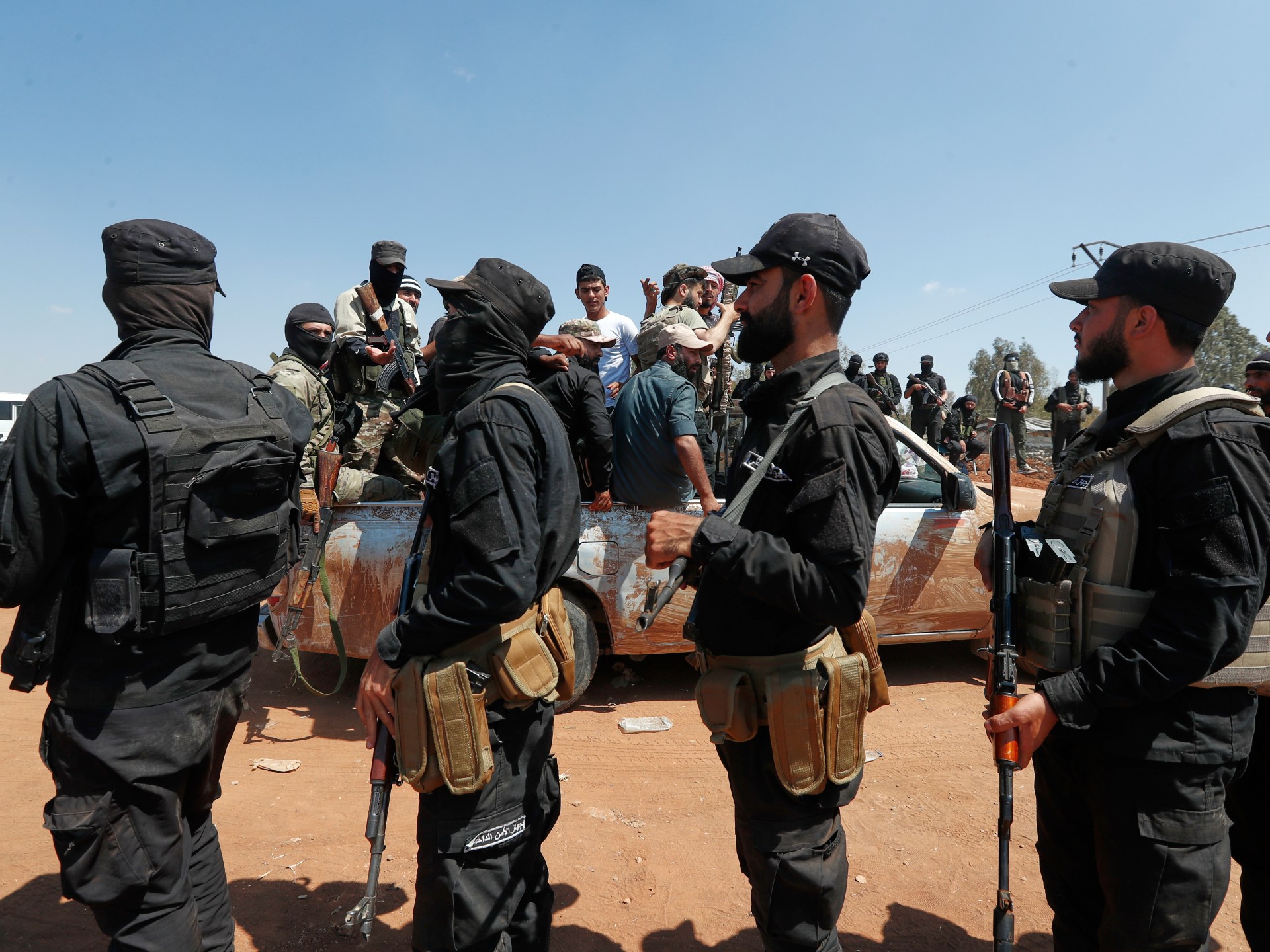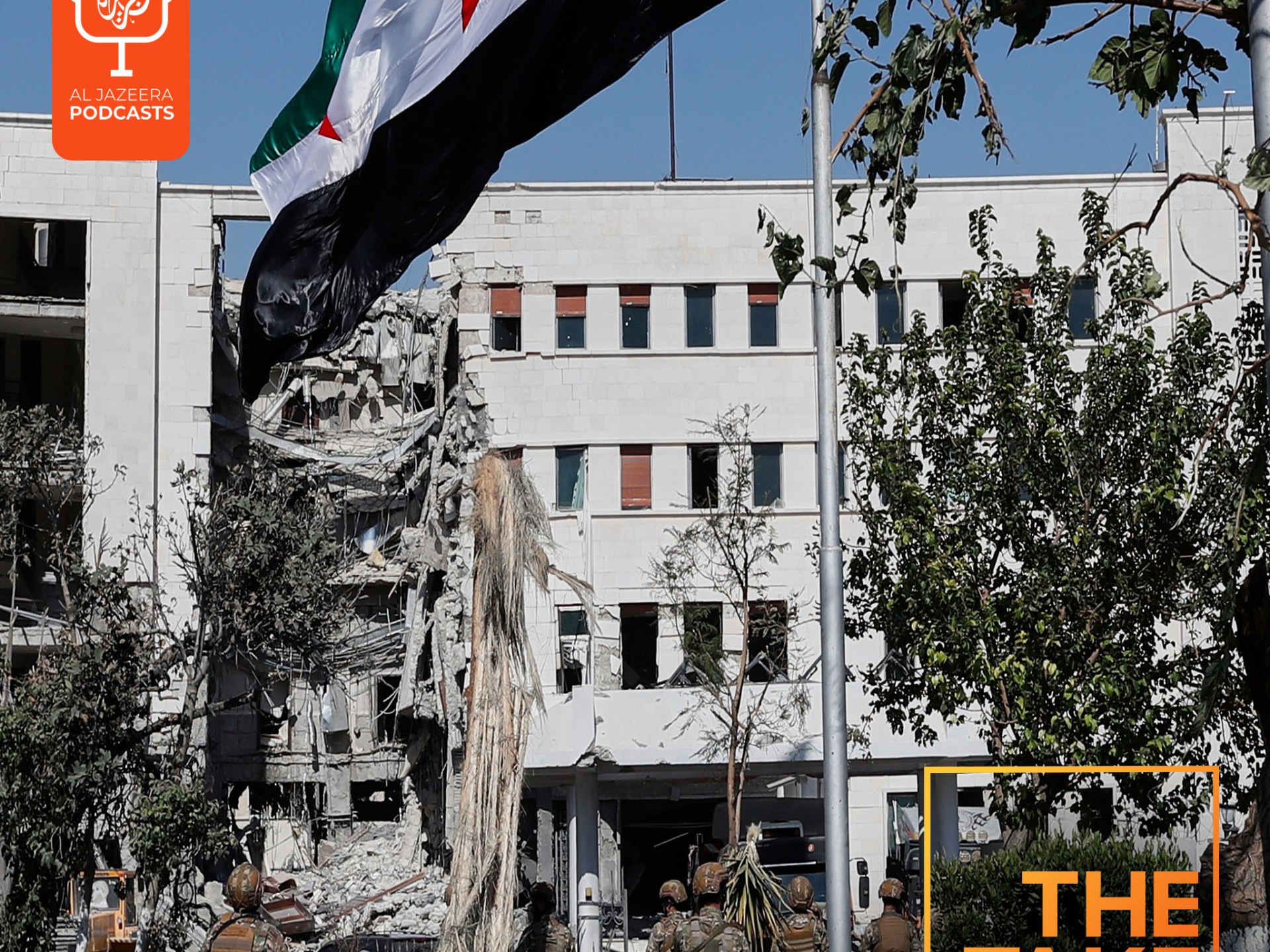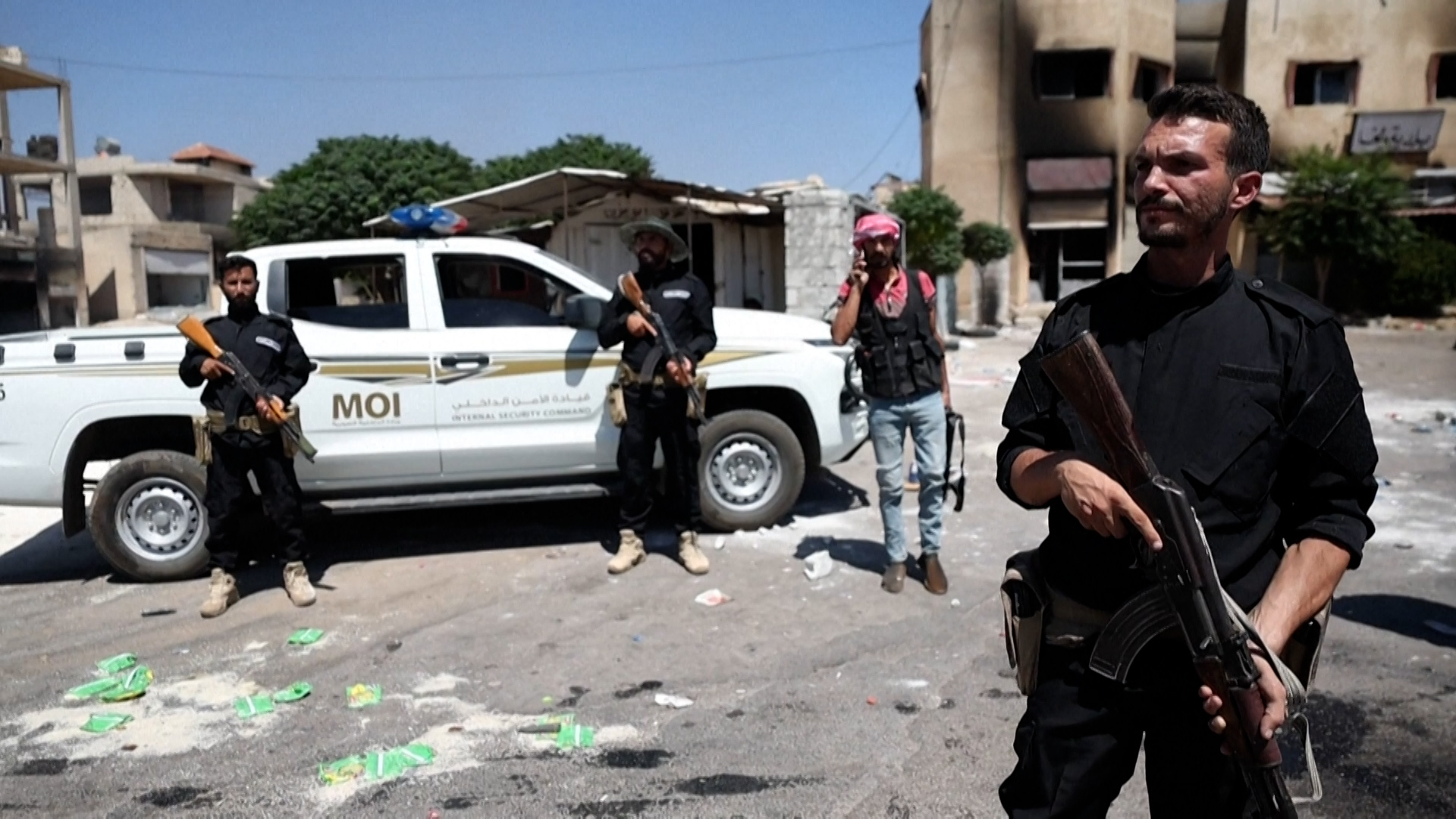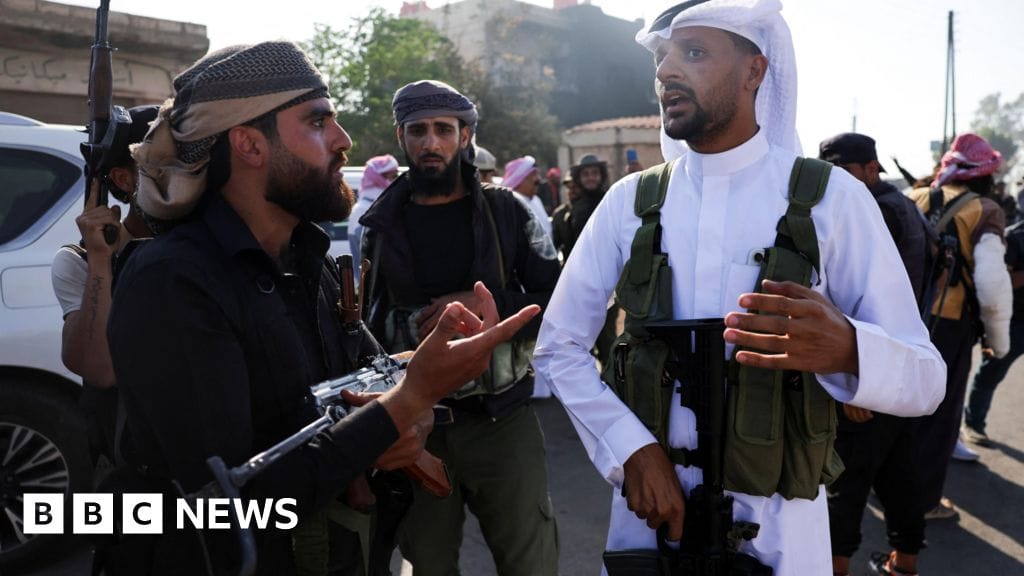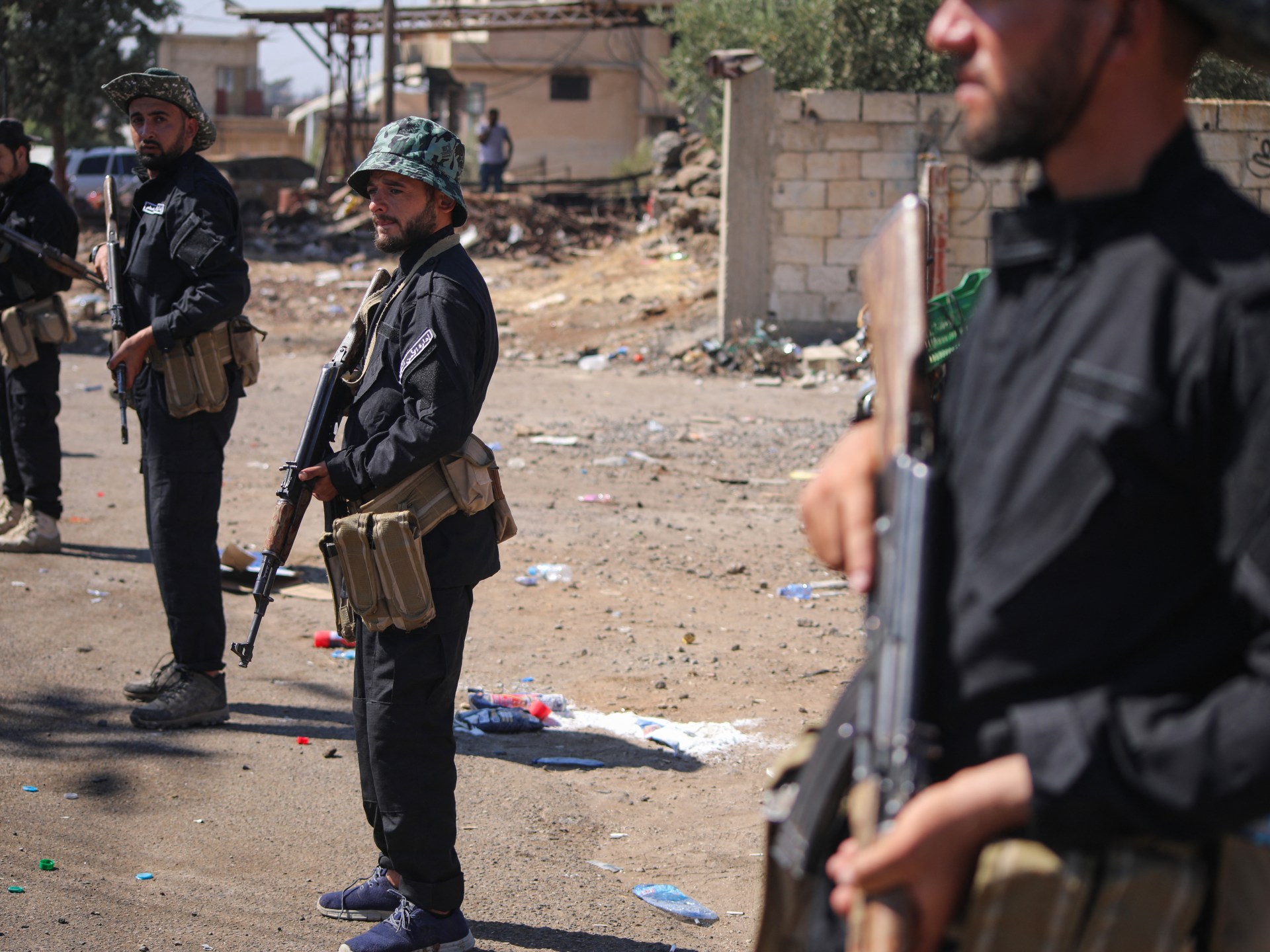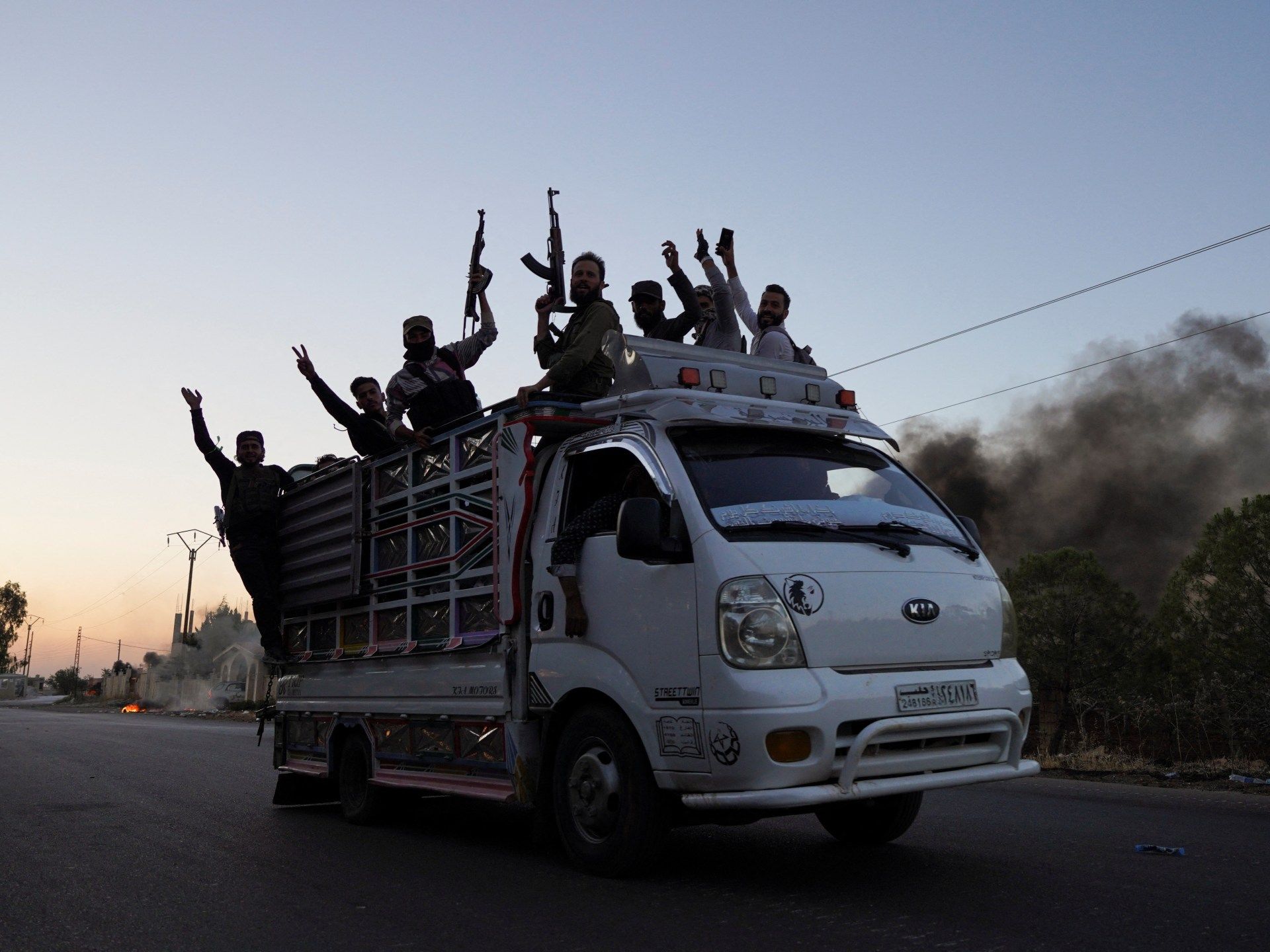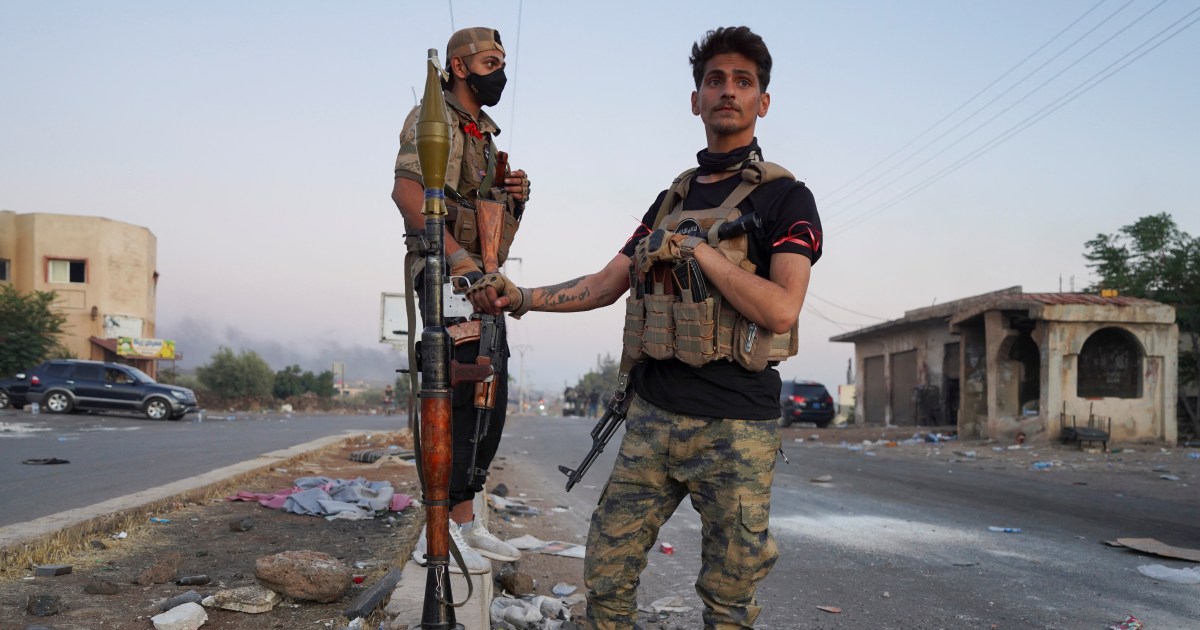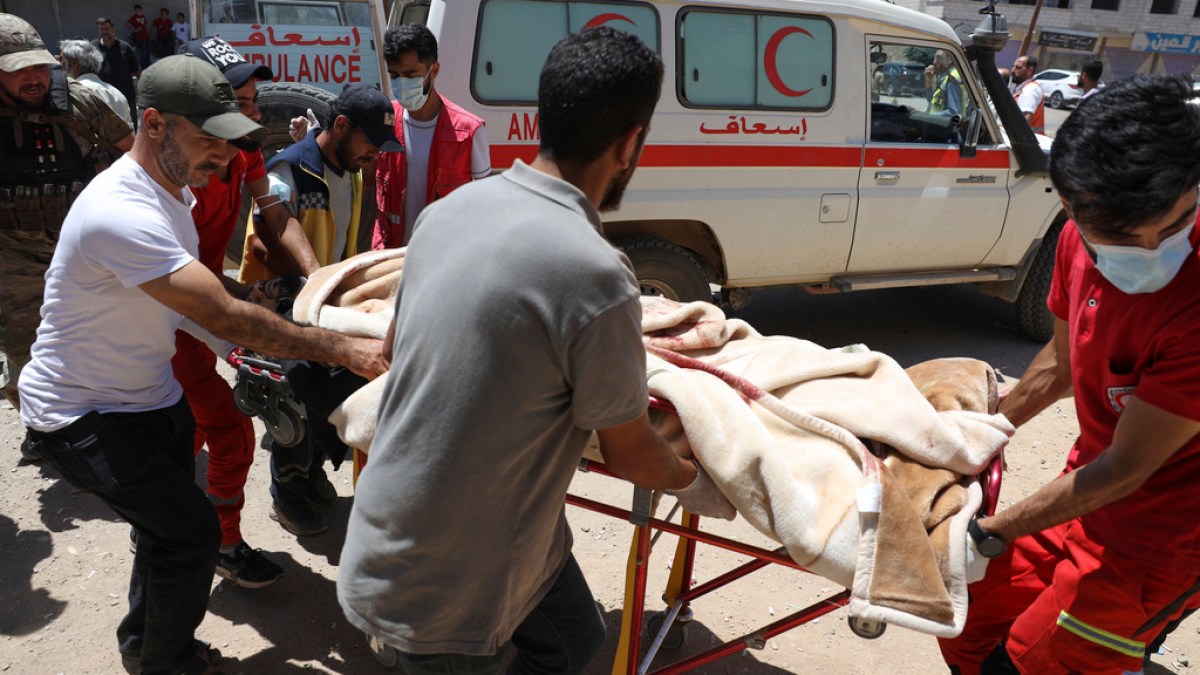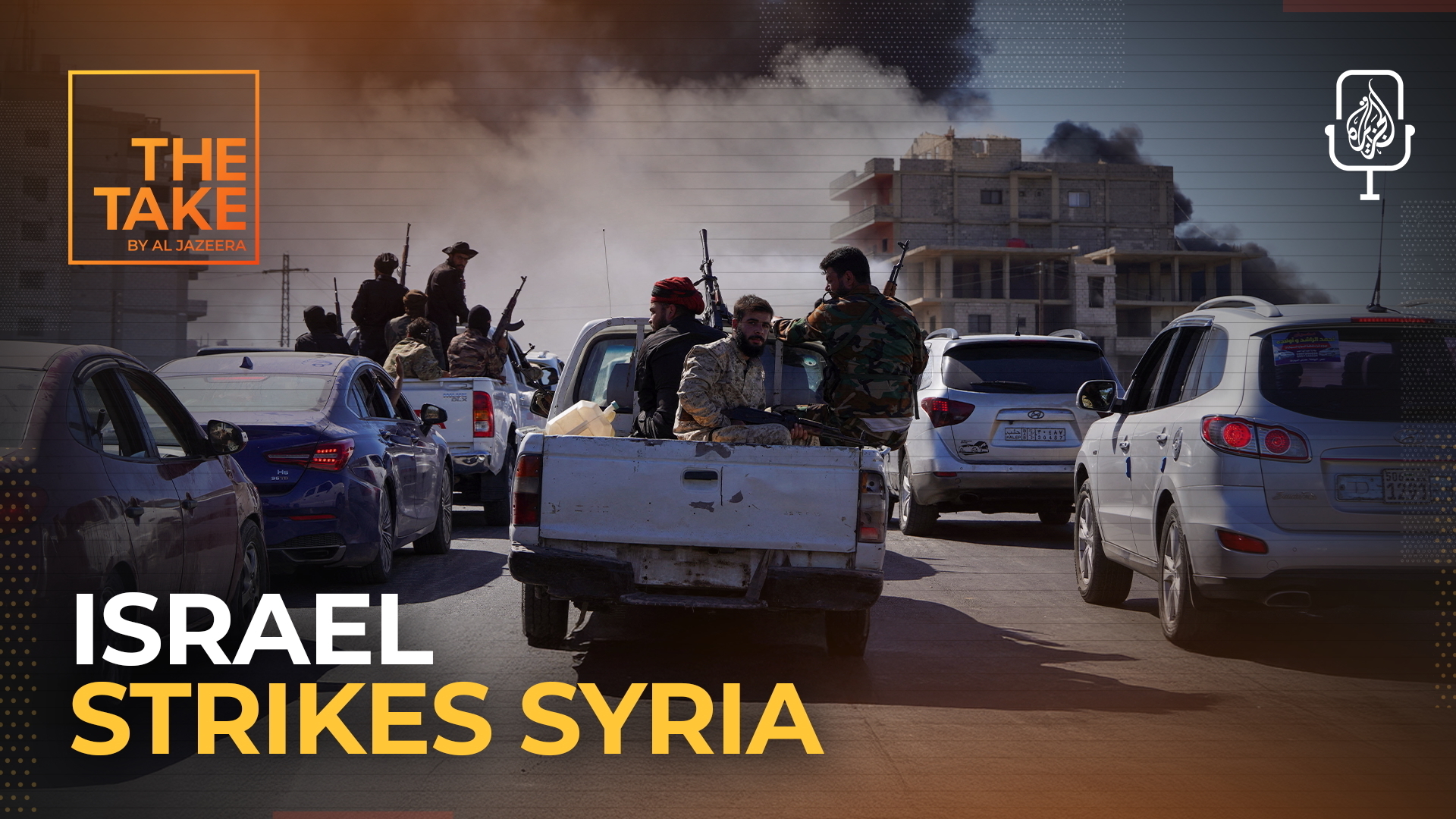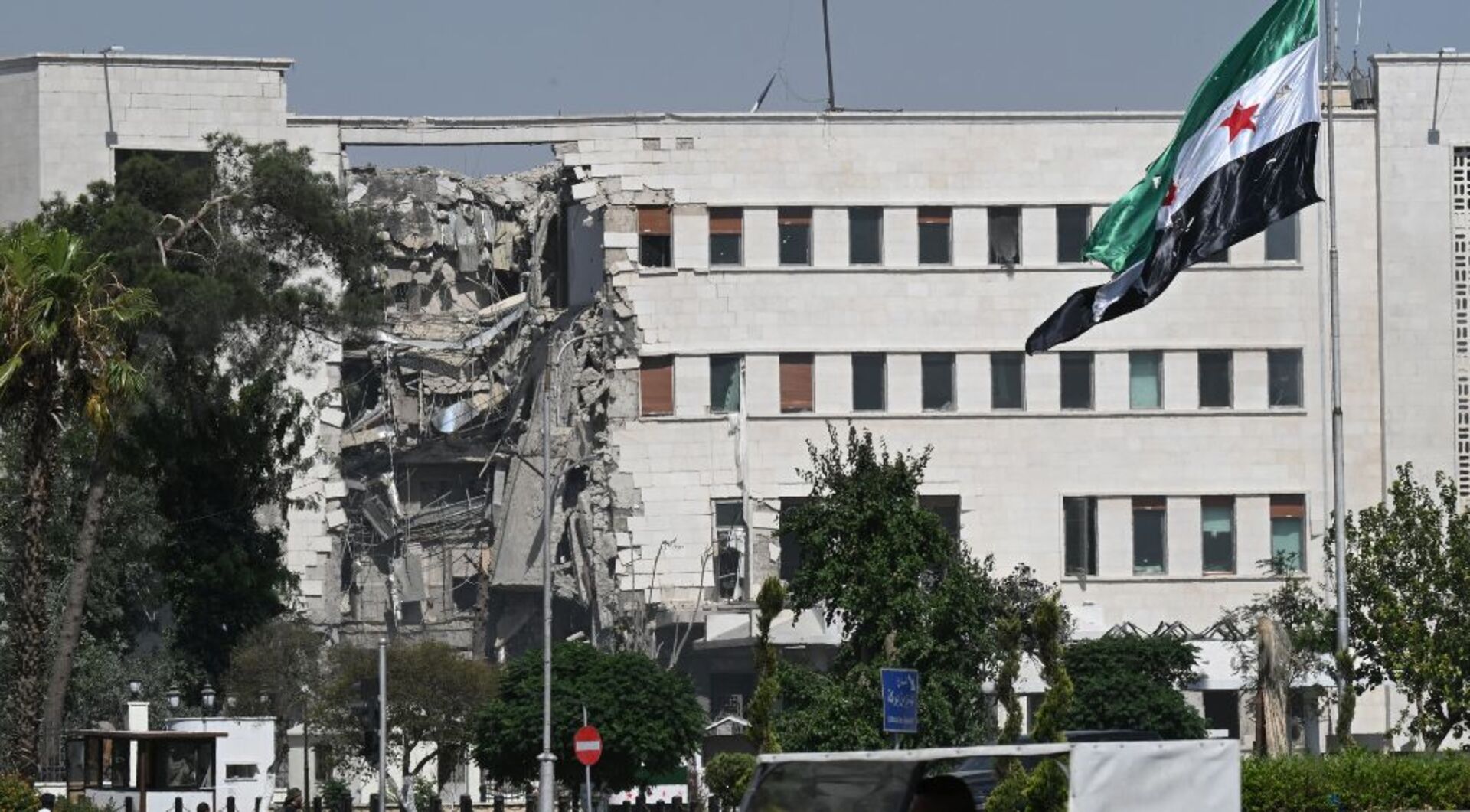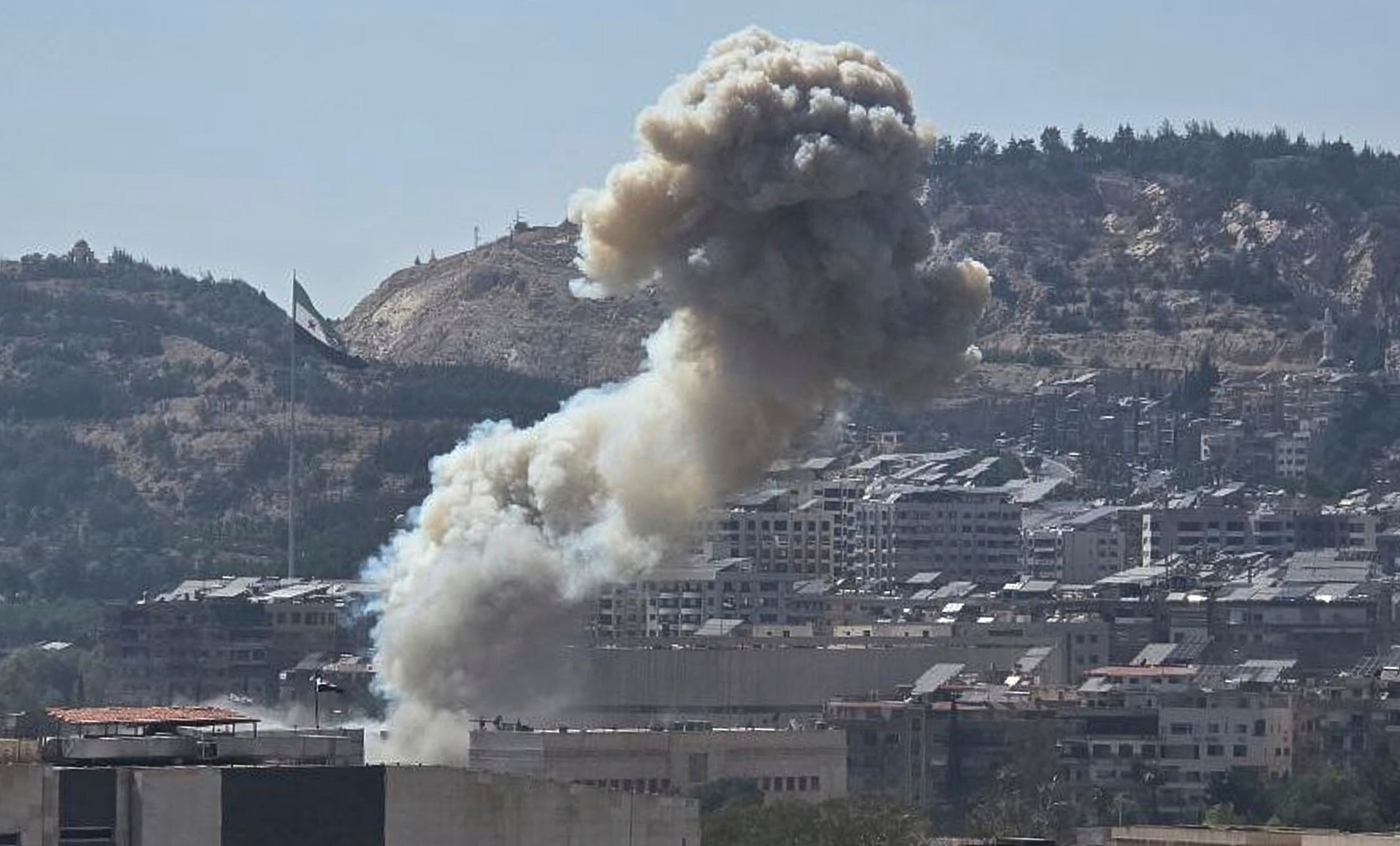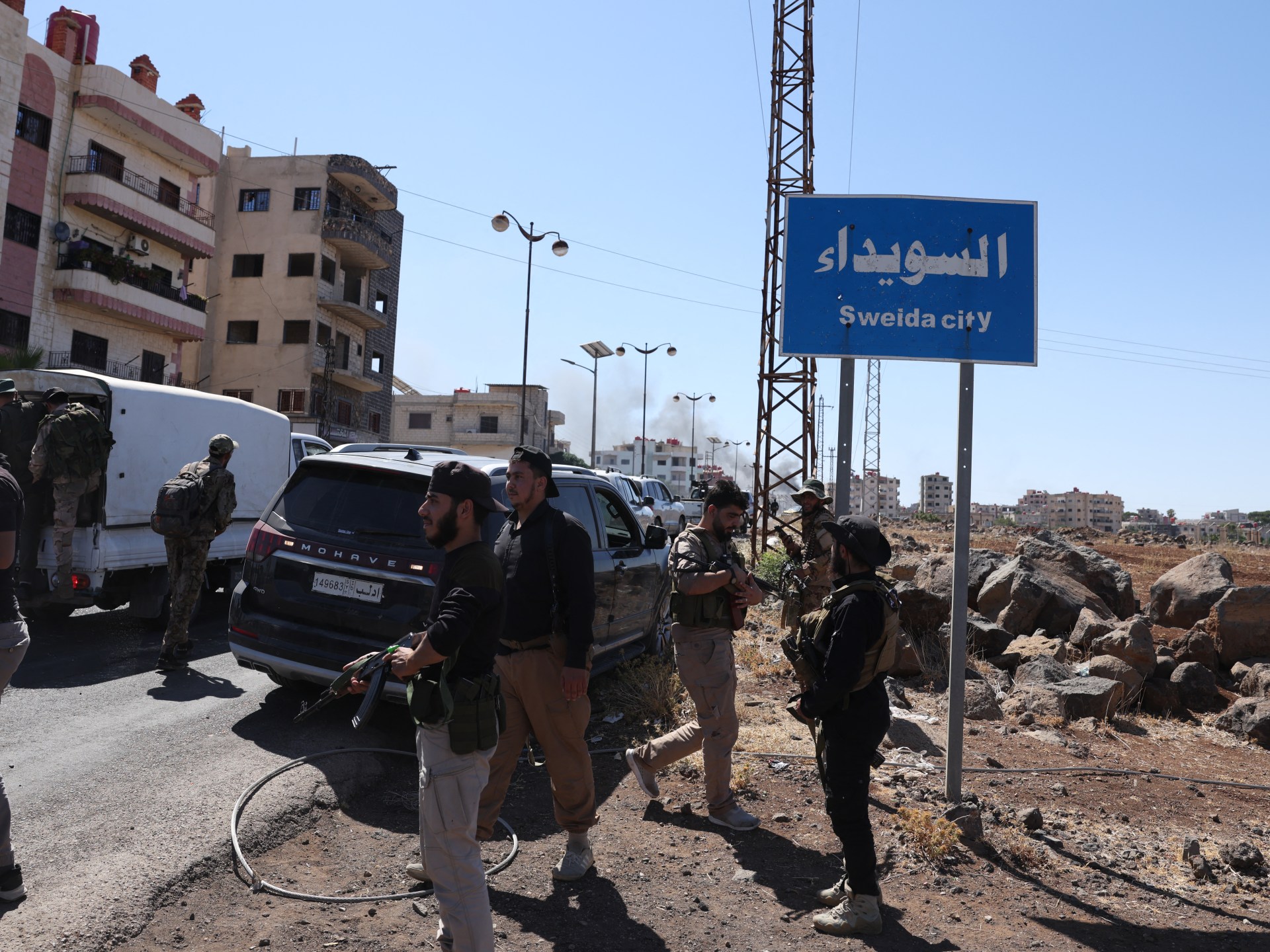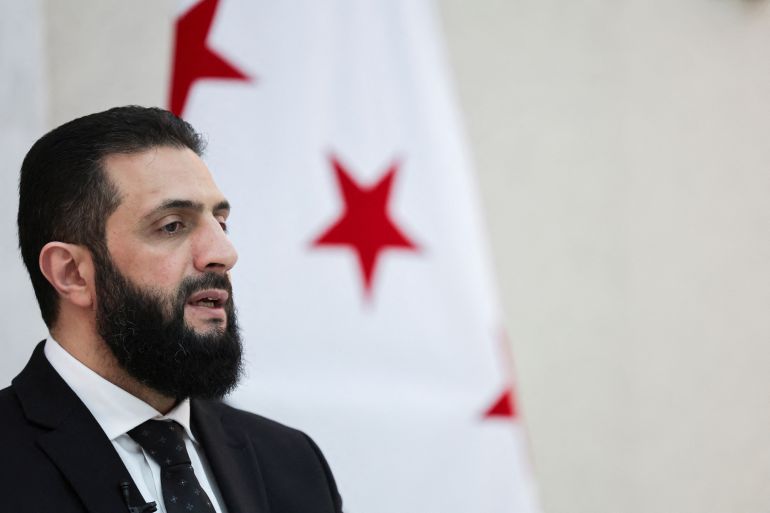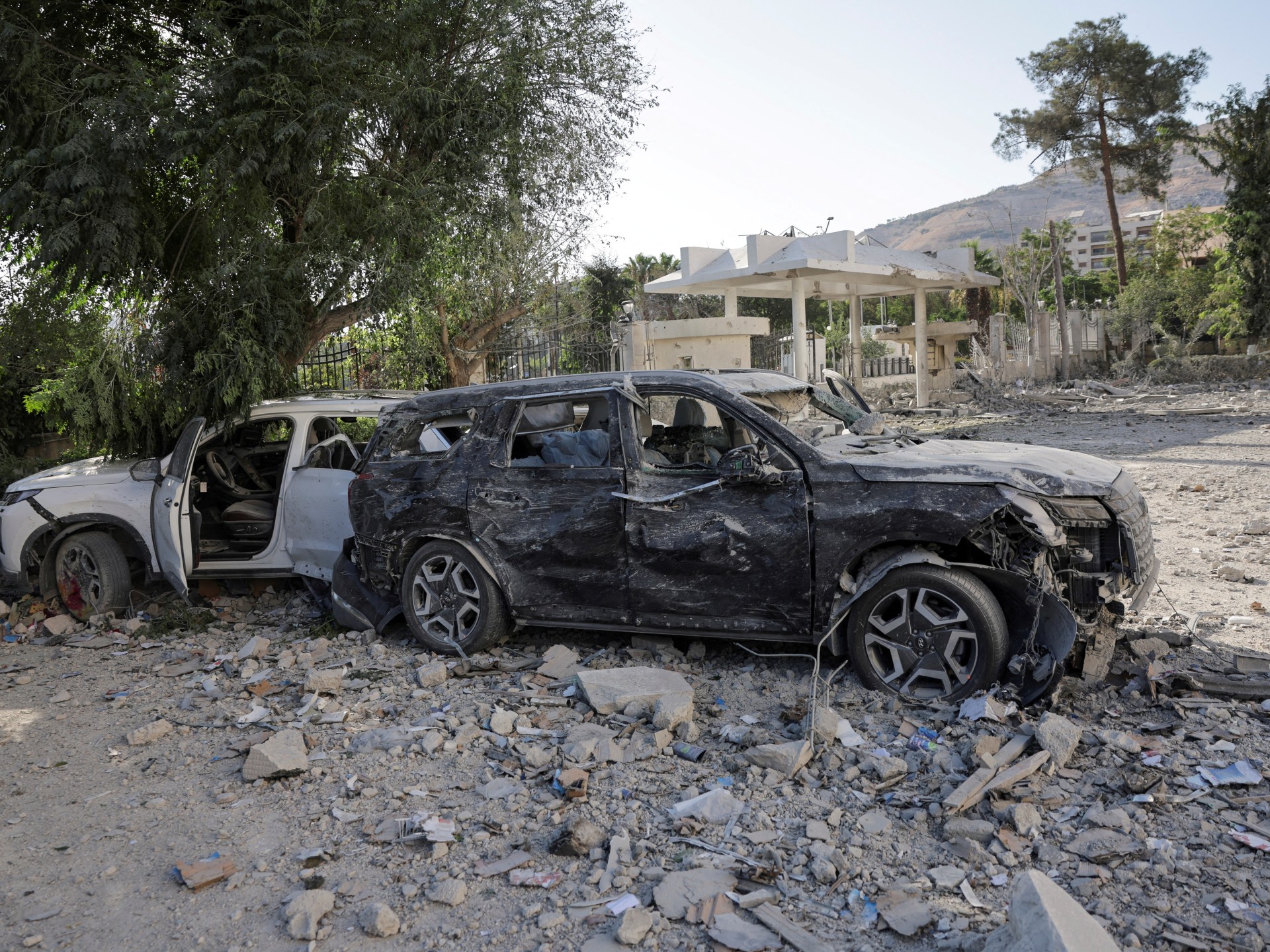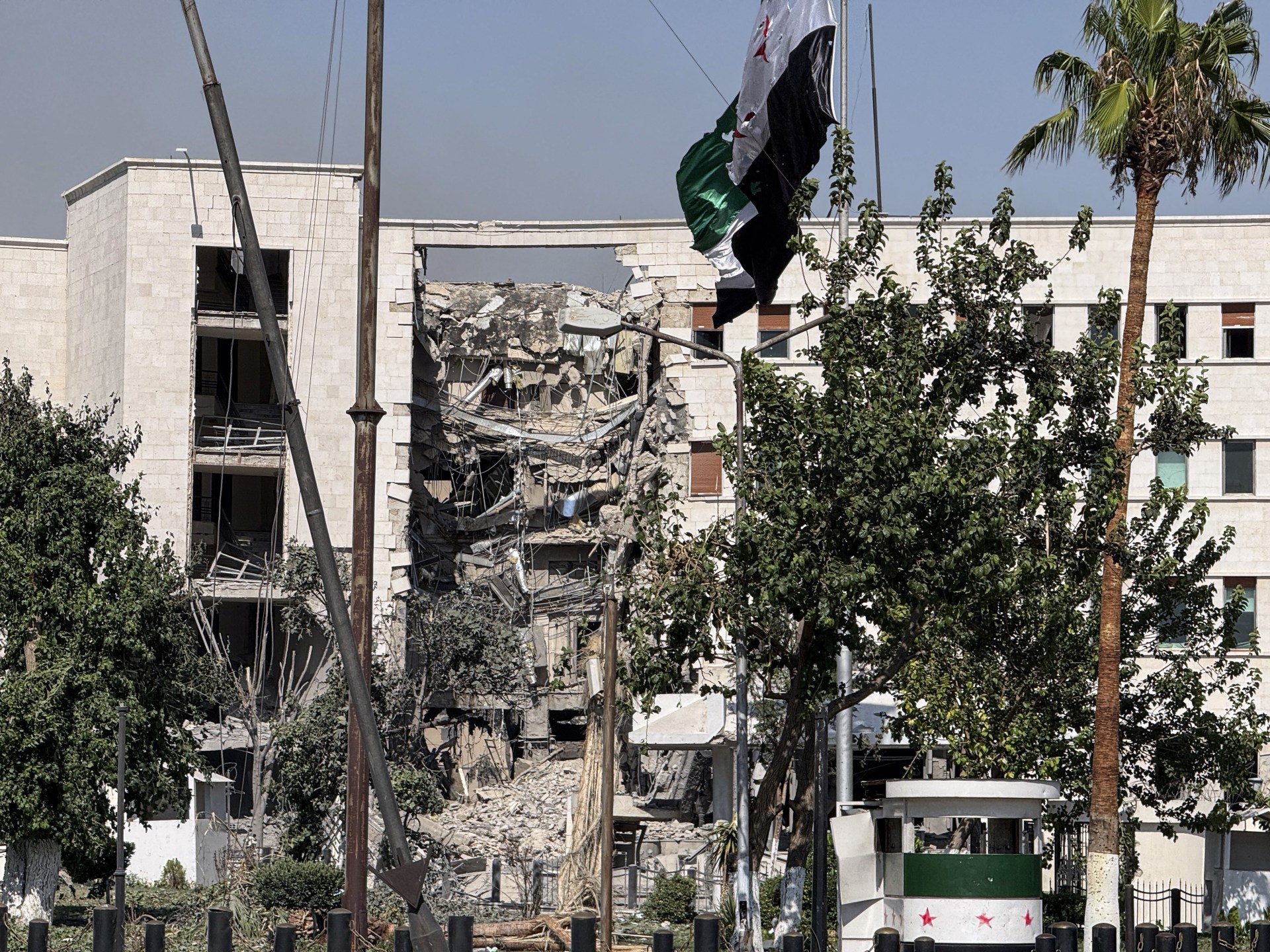What started as a local conflict in southern Syria between local Druze and Bedouin communities over the weekend escalated on Wednesday into Israel bombing Syria’s Ministry of Defence and other targets in the capital Damascus.
At least three people were killed in the Damascus attacks, the Syrian Ministry of Health said. Other Israeli air attacks on Wednesday hit the southwestern provinces of Suwayda and Deraa.
Suwayda – where the majority of the population are members of the Druze religious group – had been the epicentre of the violence in recent days. Israel had already struck Syrian government forces there earlier this week.
Israeli officials claim their attacks on Syria aim to protect the Druze community in Suwayda, where scores of people have been killed in clashes involving local armed groups, as well as government forces.
However, local activists and analysts say Israel is fueling internal strife in Suwayda by continuing to bomb Syria – as it has done repeatedly since former President Bashar al-Assad was overthrown in December. And Israel has continued to attack Syrian government forces, despite ceasefire agreements between some Druze leaders and the Syrian authorities.
“Not only is Israel now painting the entire [Druze] community as pro-Israel, but they are painting them as supporting Israel’s bombardment of Damascus,” said Dareen Khalifa, an expert on Syria and a senior adviser with International Crisis Group.
Exploiting strife
The recent violence in Suwayda began after Bedouin armed groups kidnapped a Druze trader on the road to Damascus on July 11, according to the Syrian Observatory for Human Rights, a United Kingdom-based monitor.
The abduction quickly turned into more widespread violence between the two communities – which have a longstanding rivalry due to land disputes – eventually dragging in Syrian government forces.
Syria’s new government has been attempting to impose its authority after a 14-year civil war and the end of half a century of al-Assad family rule. However, it has found it difficult to do so in Suwayda, partly because of Israel’s repeated threats against the presence of any government forces in the province, which borders the Israeli-occupied Golan Heights.
Suwayda’s Druze initially welcomed the deployment of government forces following the weekend’s violence, but clashes soon began between some Druze fighters and those forces, with reports of the latter carrying out human rights abuses, according to civilians, local monitors and analysts.
The actions committed by members of the security forces – acknowledged as “unlawful criminal acts” by the Syrian presidency – have given Israel a pretext to bombard Syria in an attempt to keep the country weak and divided, as well as to pander to its own Druze citizens who serve in the Israeli army, experts say.
“From the Israeli perspective – and how they view Syria and how Syria should be – they prefer a weak central government and for the country to be governed and divided into sectarian self-governing enclaves,” said Aymenn Jawad Al-Tamimi, an expert on Syria who has extensively researched local dynamics in Suwayda.
Al-Tamimi added that reactions in Suwayda have been mixed regarding Israel’s conduct, which speaks to the lack of trust many in the province have in the new government in Damascus – which is led by members of Syria’s Sunni majority, many of whom, including President Ahmed al-Sharaa, were members of Hayat Tahrir al-Sham, a former affiliate of al-Qaeda.
Civilians in Suwayda said that part of the distrust stems from the government’s failure to hold fighters accountable for either allowing or partaking in the killing of hundreds of Alawites on Syria’s coast in March.
Alawites belong to an offshoot of Shia Islam, a sect that al-Assad and his family hailed from. The government has launched an investigation into the fighting, in which more than 200 Syrian government security personnel were also killed after attacks by pro-Assad forces, with the findings expected in October.
Abuses and fear
Government forces have been accused of carrying out human rights abuses in Suwayda, including carrying out “field executions,” according to SOHR and other local monitors.
“I personally wanted the government forces to restore order, but not like this,” said Fareed*, a young man from the Druze community.
The local outlet Suwayda24 reported that fighters believed to be linked to the government executed nine unarmed civilians after raiding a family compound on July 15.
Al Jazeera’s verification unit, Sanad, confirmed the reports.
Written questions were sent to Uday al-Abdullah, an official at Syria’s Ministry of Defence, asking him to respond to accusations that government forces carried out execution-style killings.
He did not respond before publication.
However, on Wednesday, the Syrian Health Ministry said that dozens of bodies had been found in Suwayda’s National Hospital, including security forces and civilians.
Ceasefires have been repeatedly agreed between Druze factions and the Syrian government. The most recent, on Wednesday, included an agreement that Suwayda be fully integrated into the Syrian state, according to Youssef Jarbou, a Druze leader.
However, as in the case of a ceasefire agreed on Tuesday, Israel has continued to attack.
What’s more, several Druze religious and armed factions retreated from the Tuesday ceasefire primarily because government forces continued to carry out violations in Suwayda, according to al-Tamimi.
During the civil war, clerics and armed Druze factions were able to negotiate de facto autonomy while repelling attacks by groups such as ISIL (ISIS).
After al-Assad fell in December 2024, one notable Druze religious leader, Hikmat al-Hijri, demanded that the new authorities in Damascus change the constitution to ensure greater regional autonomy for Suwayda and secularisation.
His position had significant backing, but not the majority, said al-Tamimi.
“His specific position – that the government needed to rewrite the constitution – was not the majority position in Suwayda,” he told Al Jazeera, saying there were pragmatists willing to engage with the government to safeguard a degree of autonomy and integrate with the new authorities.
“[But after these government violations], al-Hijir’s positions will likely enjoy more sympathy and support,” al-Tamimi warned.
Calls for intervention
As fighting continues in al-Suwayda, al-Hijri has controversially called on the international community to protect the Druze in Syria.
Critics fear that his call is a veiled request for Israeli intervention, a position that many people in Suwayda disagree with.
Samya,* a local activist who is living in a village several kilometres away from where the clashes are unfolding, said Israel’s attacks make her “uncomfortable” and that she doesn’t support intervention.
At the same time, she said she is increasingly worried that government forces will raid homes, endangering civilians.
“We don’t know what to expect,” she told Al Jazeera.
“We don’t know who may come to our house and who that person will be, and what he might ask us once he enters. We don’t know how that person or soldier might treat us, you know? So, there is fear. Honestly, we are all really terrified,” she added.
Al-Tamimi warned that Israel’s discourse of “protecting” the Druze of Syria could exacerbate internal strife, leading to collective punishment.
“[What Israel is doing] is inflaming sectarian tension, because it gives fuel to the suggestions that Druze are secretly working with Israel to divide the country,” he said.
Some names have been changed to protect sources from reprisal
